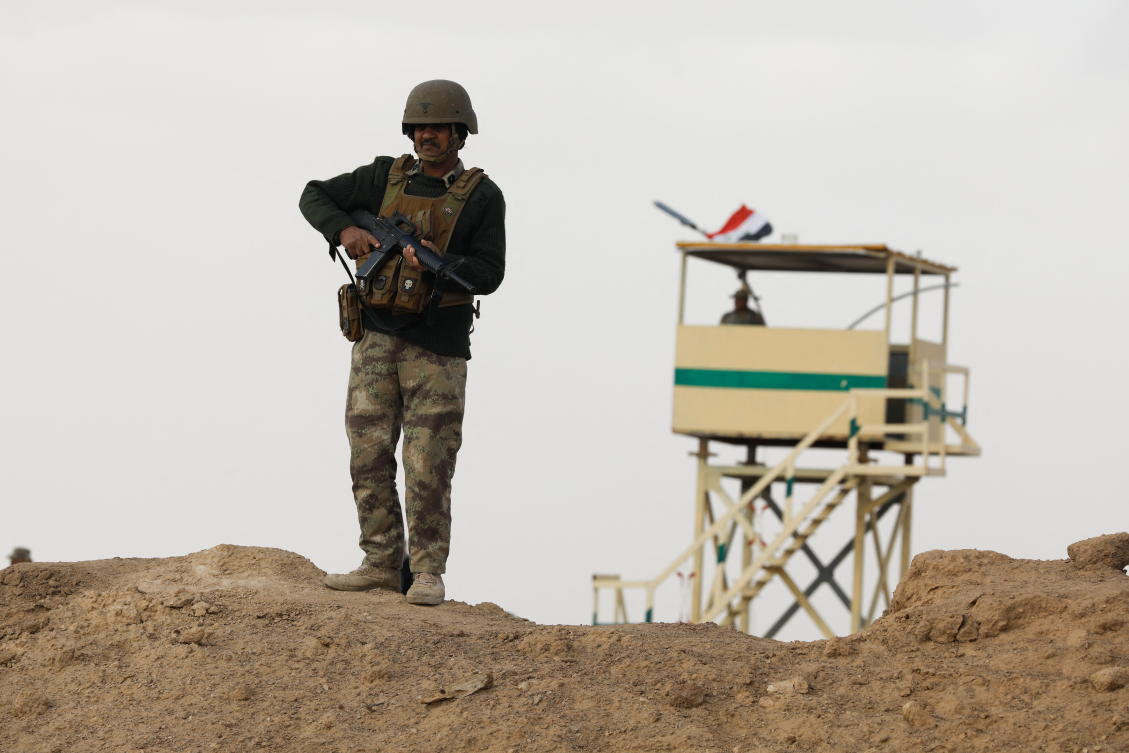Sudanese anti-coup protester killed in violent crackdown
CAIRO: Sudanese security forces killed a protester on Sunday as they cracked down on thousands marching for civilian rule, medics said, taking the number killed since last year’s military coup to a least 79.
Thousands of protesters took to the streets of Sudan’s capital and other cities across the country for the latest in a months-long string of demonstrations denouncing the October military coup that plunged the country into turmoil.
They called for a fully civilian government to lead the country’s now-stalled transition to democracy.
The coup has upended Sudan’s transition to democratic rule after three decades of repression and international isolation under former President Omar Bashir.
The African nation has been on a fragile path to democracy since a popular uprising forced the military to remove Bashir and his government in April 2019.
The protests are called by the Sudanese Professionals Association and the Resistance Committees, which were the backbone of the uprising against Bashir and relentless anti-coup protests in the past three months.
Footage circulated online showed people beating drums and chanting anti-coup slogans in the streets of Khartoum and its twin city Omdurman.
Protesters were also seen carrying Sudanese flags and other flags with photos of protesters reportedly slain by security forces printed on them.
They marched toward the presidential palace, an area in the capital that has seen deadly clashes between protesters and security forces in previous rounds of demonstrations.
FASTFACT
The protests are called by the Sudanese Professionals Association and the Resistance Committees, which were the backbone of relentless anti-coup protests in the past three months.
Security forces fired tear gas and rubber bullets to disperse protesters in at least one location in the capital.
At least three people suffered injuries from rubber bullets, said activist Nazim Sirag.
There were protests elsewhere in the country including the eastern city of Port Sudan, western Darfur region and Madani, the capital city of Jazira province, about 135 km southeast of Khartoum.
Madani saw a massive anti-coup protest last week.
Ahead of the protests, authorities stepped up security in Khartoum and Omdurman.
They deployed thousands of troops and police and sealed off central Khartoum, urging protesters to assemble only in public squares in the capital’s neighborhoods.
The UN mission in Sudan on Saturday warned that such restrictions could increase tensions, urging authorities to let the protests “pass without violence.”
Since the coup, at least 78 people have been killed and hundreds of others wounded in a widely condemned crackdown on protests, the Sudan Doctors Committee, which tracks casualties among protesters, said.

Sudanese rally against UN bid to resolve crisisSudan frees medics held in crackdown on anti-coup protests



